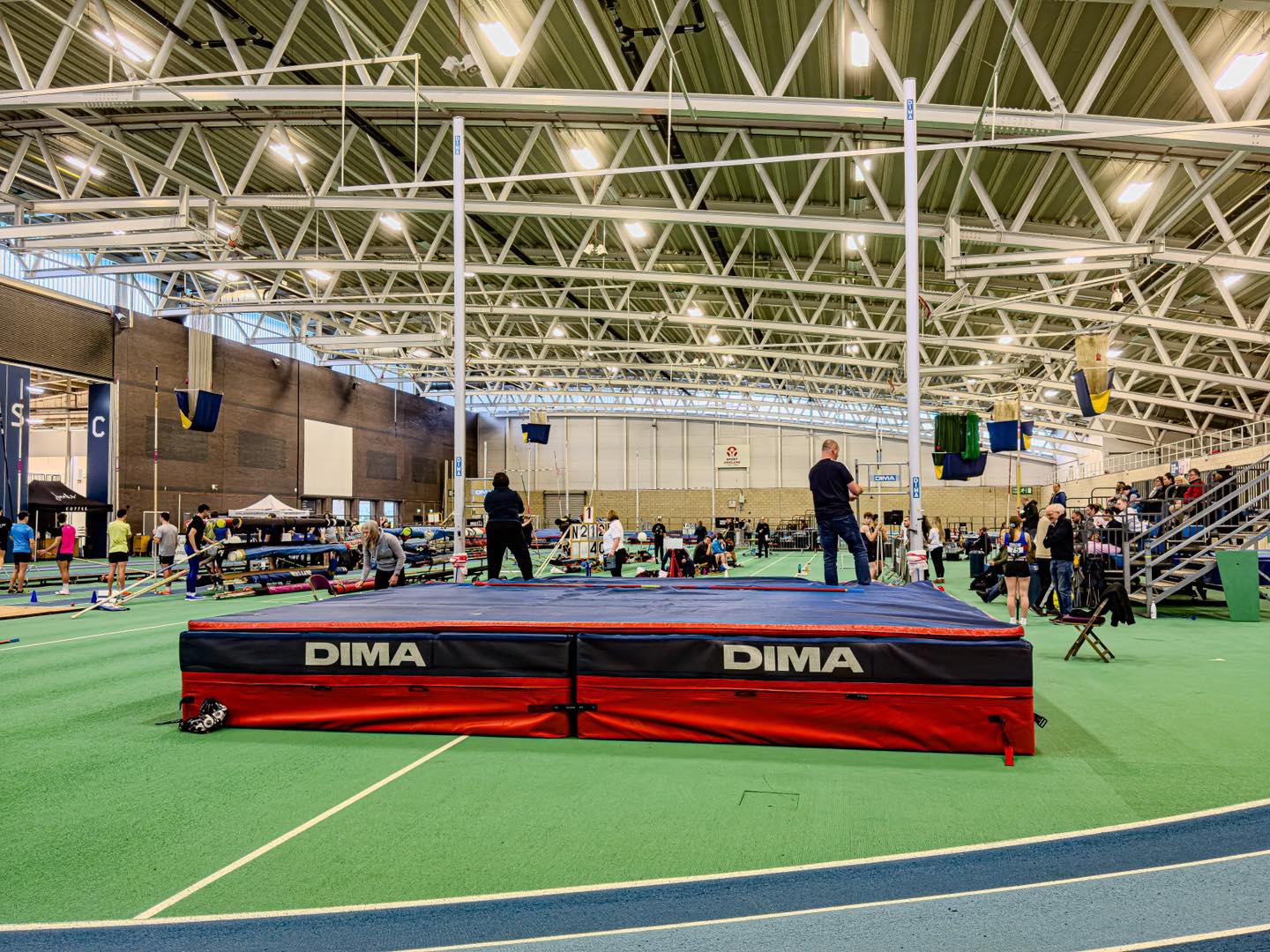Effective communication and seamless teamwork are paramount in ensuring the safety and well-being of athletes and spectators at sporting events. In the fast-paced and high-stress environment of these gatherings, medical staff play a critical role in providing immediate care and response when emergencies arise. This article explores the significance of communication and collaboration among medical teams at sporting events, highlighting the essential strategies, tools, and training necessary to optimize patient care and response efficiency. From establishing clear communication protocols to overcoming challenges in high-pressure situations, the effective coordination of medical staff is essential for delivering timely and effective interventions.
The Role of Effective Communication in Medical Staff Coordination
Importance of Clear and Timely Communication
Clear and timely communication among medical staff at sporting events is crucial for ensuring swift and effective responses to medical emergencies. Whether it's conveying critical information about a patient's condition or coordinating resources, clear communication can make a significant difference in providing timely care.
Utilizing Communication Protocols and Systems
Establishing communication protocols and utilizing systems such as radios and mobile apps can streamline information flow within the medical team. Having standardized communication procedures ensures that everyone is on the same page, reducing room for errors and enhancing overall efficiency.
Teamwork Strategies for Efficient Emergency Response
Establishing Roles and Responsibilities within the Medical Team
Clearly defining roles and responsibilities within the medical team helps ensure that each member knows what is expected of them during an emergency. This clarity promotes smooth coordination and helps avoid confusion or duplication of efforts.
Implementing Team Coordination Techniques
Implementing teamwork techniques like briefings before an event, debriefings after an incident, and utilizing handoff communication strategies can enhance coordination among team members. These techniques foster a collaborative environment where everyone can contribute effectively to the team's response efforts.
Enhancing Patient Care Through Collaborative Efforts
Coordinating Care Plans and Treatment Approaches
Collaboration among medical staff enables the coordination of care plans and treatment approaches for patients. By sharing insights and expertise, healthcare professionals can collectively work towards providing the best possible care for individuals in need.
Promoting Interdisciplinary Collaboration
Encouraging interdisciplinary collaboration between medical specialties, such as physicians, nurses, and paramedics, can lead to more holistic patient care. By leveraging the diverse skill sets of different professionals, medical teams can address complex health issues more comprehensively.
Communication Tools and Technologies for Sporting Event Medical Teams
Utilizing Radios, Mobile Apps, and Other Communication Devices
Sporting event medical teams can benefit from utilizing communication tools such as radios, mobile apps, and other devices to stay connected in real-time. These technologies enable quick dissemination of information and facilitate rapid response to medical incidents.
Integrating Electronic Health Records for Seamless Information Sharing
Integrating electronic health records (EHRs) into the communication process allows for seamless sharing of patient information among medical staff. Access to up-to-date medical records can aid in making informed decisions and delivering personalized care to individuals in a sporting event setting.**Training and Education for Improved Team Dynamics**
When it comes to handling medical emergencies at sporting events, communication and teamwork among medical staff are as crucial as a referee's whistle at a soccer match. Providing Communication and Teamwork Training for Medical Staff is key. Just like athletes need practice to perform at their best, healthcare professionals benefit from training and education to enhance their collaborative skills. Continuous Professional Development and Simulation Exercises ensure that medical teams are prepared to work seamlessly together, much like a well-coordinated relay team passing the baton.
**Addressing Challenges and Barriers to Communication in High-Stress Environments**
In the fast-paced world of sports medicine, Managing Communication Under Pressure and Time Constraints is a skill that can save lives. When seconds matter, clear and effective communication can be the difference between a minor injury and a major catastrophe. Strategies for Overcoming Language and Cultural Barriers are also vital, ensuring that everyone is speaking the same language metaphorically, if not literally. After all, miscommunication due to language differences could turn a simple sprain into a major fumble.In conclusion, the importance of communication and teamwork among medical staff at sporting events cannot be overstated. By fostering a culture of effective communication, implementing teamwork strategies, and continuously improving through training and education, medical teams can enhance their ability to provide quality care in dynamic and unpredictable environments. Embracing collaboration and utilizing innovative communication tools, medical staff can work together seamlessly to address emergencies, prioritize patient well-being, and ensure the success and safety of sporting events.
Frequently Asked Questions
How does effective communication benefit medical staff at sporting events?
Effective communication enhances coordination among medical staff, allowing for quick response times during emergencies, improved patient care, and better overall teamwork dynamics.
What are some common challenges faced by medical staff in communicating at sporting events?
Challenges may include managing communication under high-pressure situations, overcoming language barriers, and coordinating efforts across diverse medical specialties within the team.
What role do training and education play in improving communication and teamwork among medical staff?
Training and education programs help medical staff develop essential communication skills, understand their roles within the team, and practice effective collaboration techniques, ultimately enhancing their ability to work together cohesively during sporting events.

